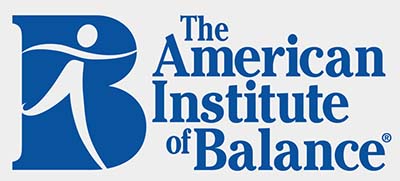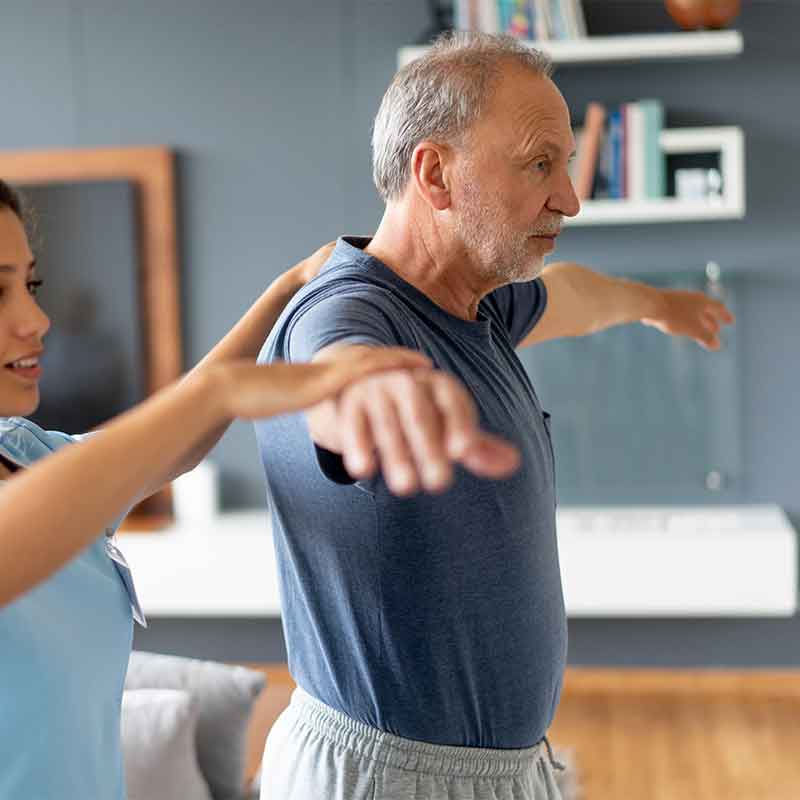What Can A Balance Test Tell You?
West Valley Hearing Center is American Institute of Balance Certified

Certification from the American Institute of Balance (AIB) is awarded to providers who have earned degrees in their area of treatment and completed a rigorous certification process. AIB Certified practices have helped thousands of patients with vestibular and balance-related issues find compassionate care.
As an AIB Certified Practice, West Valley Hearing Center providers offer high-quality, evidence-based treatments for dizziness, vertigo, and balance disorders. By visiting an AIB Certified Practice, you’ll take the guesswork out of finding the right provider and enjoy the peace of mind that comes with receiving the highest standard of care.
Common Balance Tests
Vertigo and dizziness can be caused by many things, from a common cold to an ear infection, to more serious health conditions. To help determine what’s causing your balance issues, we may administer the following tests.
Hearing Tests
Getting a hearing test will rule out common issues such as impacted earwax, ear infections and fluid behind the ear.
Videonystagmography (VNG)
If you suffer from nystagmus, or involuntary eye movements, this can make you feel dizzy and off balance. A videonystagmography is a test audiologists use to see if you have nystagmus and which part of the brain is causing this disorder. During a VNG test, you will sit in a dark room and wear special goggles. The goggles have a camera that records eye movements. The first portion of the test is ocular testing, where you will watch and follow moving dots on a light bar. Next, we will do positional testing, where your provider will move your head and body in different positions to see if we can trigger the nystagmus. The last part is caloric testing, where warm and cool water or air will be put in each ear. In a healthy vestibular system, the eyes move certain ways depending on the type of stimulant we insert. If your eyes do not follow the norms, this could be an indication of vestibular system issues..
Electrocochleography
This balance test measures the electrical activity produced within your inner ear after hearing a sound. Electrocochleography is used to diagnose Ménière’s disease, the symptoms of which include severe dizziness, ringing sounds, fluctuating hearing loss, and pain or pressure in the ears.
Rotary Chair Test
This balance test uses electrodes and cameras to measure your eye movements and reactions to being moved back and forth in a swivel chair.
How Should I Prepare For A Balance Test?
Come with a list of any medications you are taking. Some medications are known to cause dizziness, and others may interfere with the results of the test.
- Avoid alcohol or caffeinated drinks 24 hours before your test.
- Do not use makeup or lotions the day of your test.
- Bring your hearing aids and glasses if you have them.

